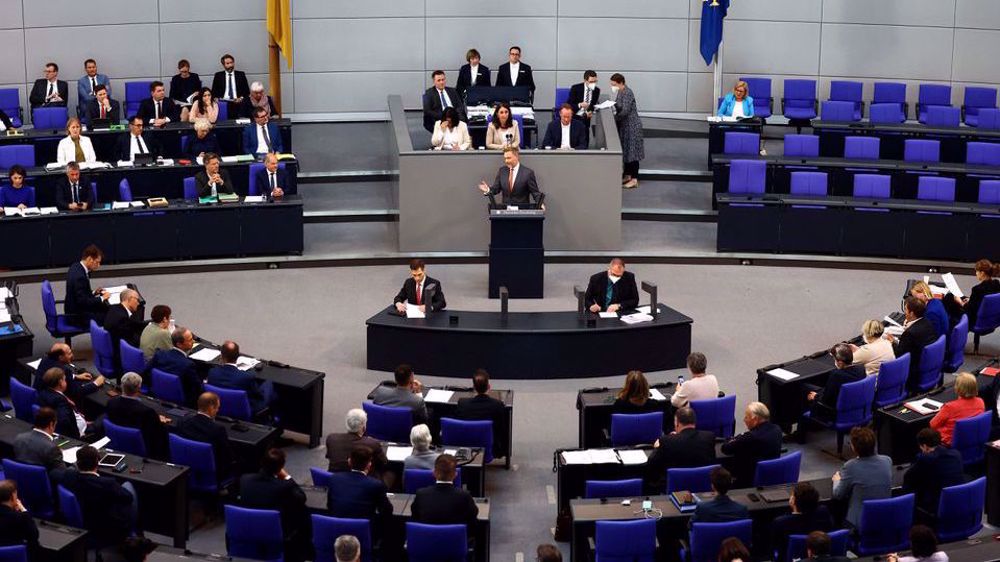Germany approves $107 billion fund to modernize its armed forces amid Ukraine crisis
The German parliament has approved a loan of 100 billion euros ($107.2 billion) military fund modernize the armed forces of the country in the middle The ongoing Russian military operation in Ukraine.
Members of the lower house of the Bundestag approved the measure on Friday after Chancellor Olaf Scholz stressed the need for the creation of the fund, which is supposed to supplement the regular military budget of around 50 billion euros over several years to help rebuild the German military.
Scholz hailed it as a “huge step” for his country’s and Europe’s security amid the raging war in Ukraine, which has already weighed heavily on Europe’s economy and left Germany struggling with record inflation.
The German government went so far as to amend the constitution to create the fund to exempt it from Germany’s so-called debt brake which imposes budgetary restrictions.
Approval required the support of the opposition as well as the ruling coalition in order to achieve the two-thirds parliamentary majority needed for constitutional change.
The move faced strong opposition from Russia earlier on Friday, with the Kremlin accusing Germany of “remilitarization” as it tried to increase the military budget, and saying Berlin would increase security risks.
“We take this as further confirmation that Berlin is on the path to further remilitarization,” Russian Foreign Ministry spokeswoman Maria Zakharova said.
The Bundestag also passed a budget on Friday calling for 139 billion euros in new debt this year – the second-highest ever for Germany – to shield Europe’s biggest economy from the fallout of the Ukraine crisis.
The budget demanded that Parliament authorize an exemption from Germany’s debt brake for the third consecutive year, with the new debt to be used to finance assistance to households and businesses struggling with high energy prices. following the Russian military campaign.
According to data recently released by Eurostat, prices in the eurozone hit a new record high in May, calling into question the European Central Bank’s view that gradual increases in interest rates from July will be enough to stem the surge in inflation.
Eurostat said that in the 19 countries sharing the euro, inflation rose to 8.1% last month from 7.4% in April, beating expectations of 7.7% amid a sharp rise in prices. price.
Prices have seen a sharp rise across Europe over the past year, initially triggered by supply chain issues following the coronavirus pandemic and later the war in Ukraine.
German came in at an annual rate of 8.7% in May, with preliminary figures beating expectations by 8%. French inflation also beat expectations to register 5.8%, from 5.4% in April, while Spanish consumer prices jumped 8.5% a year, above the expected figure of 8 .1%.
In the euro area as a whole, the record annual rise in consumer prices was due to soaring energy costs, which reached 39.2%, and a 7.5% increase in the prices of foodstuffs and other raw materials.
Russian President Vladimir Putin declared a military campaign against Ukraine in February, accusing kyiv of failing to implement the terms of a peace deal for the breakaway regions of Donetsk and Luhansk.
At the time, Putin said one of the goals of what he called the “special military operation” was to “denazify” Ukraine.
Since then, the United States and its Western allies have been sending heavy weapons to Ukraine and sharing intelligence with the government in kyiv, while imposing unprecedented sanctions on Russian officials and entities.
Moscow has repeatedly warned that Western support will prolong the war in Ukraine indefinitely.


Comments are closed.